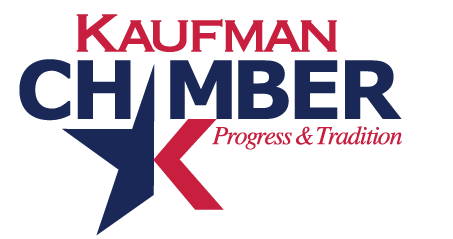- Emotional intelligence (EQ) is critical for effective leadership, involving skills such as self-awareness, self-regulation, motivation, empathy, and social skills.
- Leaders with high EQ can manage relationships and team dynamics better, fostering a culture of trust and teamwork.
- Improving self-awareness is the first step to enhancing EQ, essential for aligning one’s self-perception with team feedback and expectations.
- High EQ leaders excel in communication, adapting their style to meet diverse team needs, resolving conflicts, and promoting an inclusive environment.
- Emotional intelligence benefits the entire workplace, leading to a supportive environment where employees feel valued, boosting engagement, productivity, and retention.
670 ~ 3 min. read
In today‘s fast-paced and ever-evolving workplace, the role of dynamic leadership is critical. A key quality that sets apart successful leaders is emotional intelligence (EQ). Leaders with high EQ can effectively manage relationships, team dynamics, and face challenges head-on. Read on to learn why emotional intelligence matters when it comes to leadership and how it contributes to a positive workplace.
What is Emotional Intelligence?
Emotional intelligence is about understanding and managing your own emotions and those of others. It involves five main skills: self-awareness, self-regulation, motivation, empathy, and social skills. Leaders who are strong in these areas can build better relationships with their teams, creating a culture of trust and teamwork.
Unfortunately, leaders who lack emotional intelligence often find managing others frustrating, and unsurprisingly, their team members find their management frustrating. Low EQ can look like variations of the following:
- Tension in conversations
- Blaming others when a project fails
- Emotional outbursts.
Improving EQ starts with the first skill, self-awareness. While many people believe they are self-aware, research shows that in reality only 10-15% of individuals in the workplace have this skill. To cultivate more self-awareness, make a practice of reviewing your performance and asking your team to do the same. Do the assessments match? Closing the gap between your self-perception and the experience of your team will help you build this essential muscle.
Managing Relationships
Leaders work with diverse teams. High EQ helps managers understand their team’s feelings and adapt their communication style. This skill is crucial for building rapport, resolving conflicts, and fostering an inclusive environment where everyone feels valued.
To improve your communication style, assess your own strengths and weaknesses. What kind of feedback have you received over the years about how you communicate? Where can you improve?
Employees represent the spectrum of human personality — get to know each person on your team and their communication preferences. Some people may like affirmation and recognition, others may value facts and information. Some may want autonomy and independence. A high EQ lets you vary your communication and interactions to build trust and relationships, even when differences are present.
Handling Team Dynamics
Good team dynamics are essential for productivity and morale. Emotionally intelligent leaders can spot and resolve conflicts early, encourage open communication, and promote collaborative problem-solving, leading to better teamwork. But this only happens when a leader is aware of their own shortcomings.
For instance, if you feel defensive when your ideas are challenged, you might become rigid and uncollaborative. When you understand your own challenges, you can self-regulate rather than react. In order to be effective at conflict resolution, practice active listening, responding with empathy, and provide constructive feedback, according to Michele D’Amico, an executive leadership coach and founder of Vetta Consultants. Mastering these skills not only enhances personal growth but also significantly improves your ability to navigate and resolve conflicts effectively.
Building a Positive Workplace
Emotional intelligence benefits the whole workplace, not just individual leaders. It leads to a supportive environment where employees feel valued. Experts in leadership argue that Emotional Intelligence (EQ) is crucial for addressing workforce phenomena like the Great Resignation and quiet quitting. This is because EQ encourages leaders to adopt a management style marked by openness, curiosity, and flexibility—traits that are fundamental components of emotional intelligence. Leaders who use these skills at work help to boost engagement, productivity, and retention, with team members more likely to work well together and contribute to success.
The Takeaway
Emotional intelligence is crucial for leadership. As the workplace changes, there’s a growing need for leaders who are not just skilled in their job but who also have self-awareness, the ability to manage their emotions, listen openly, lead with curiosity, and resolve conflicts. This kind of intelligence is essential for great leadership because it builds trust, teamwork, and respect. Leaders who work on improving their self-awareness, self-control, motivation, empathy, and social skills can handle the challenges of leadership better. Looking ahead, it’s important for leaders to focus on developing their emotional intelligence to succeed in the ever-evolving work environment.
Last modified: August 7, 2024



